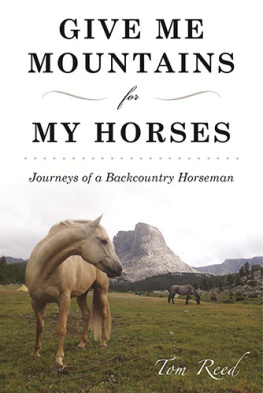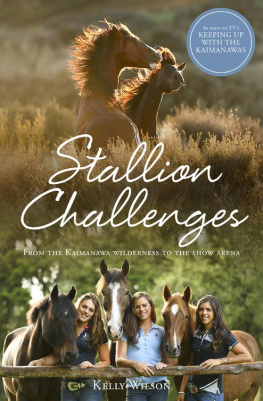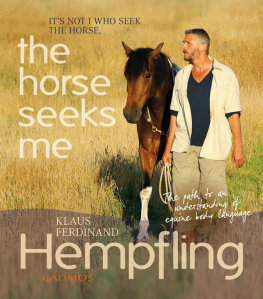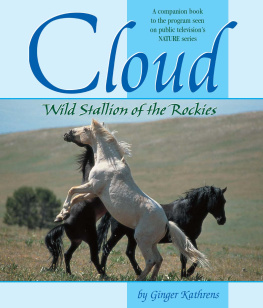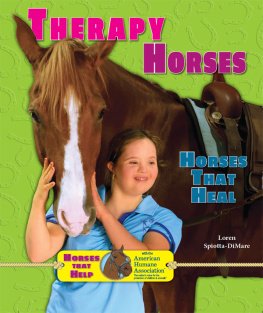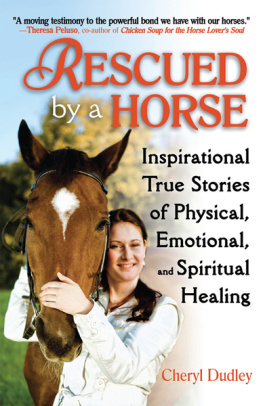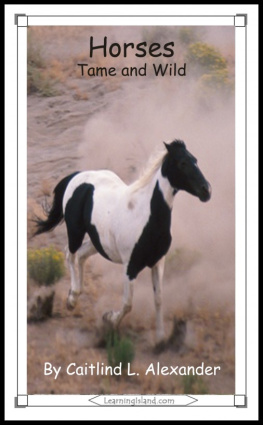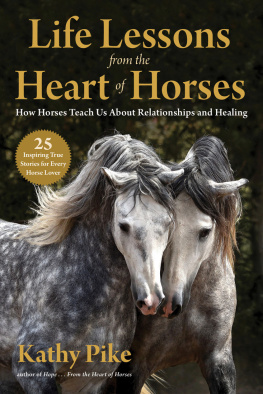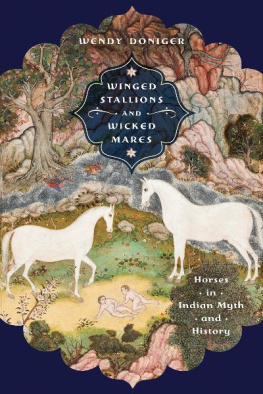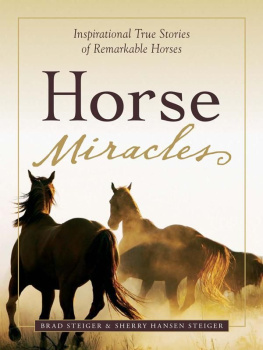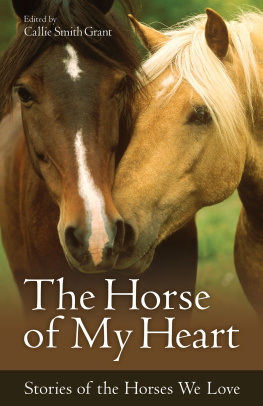Copyright 2007, 2017 by Thomas Reed
All rights reserved. No part of this book may be reproduced in any manner without the express written consent of the publisher, except in the case of brief excerpts in critical reviews or articles. All inquiries should be addressed to Skyhorse Publishing, 307 West 36th Street, 11th Floor, New York, NY 10018.
Skyhorse Publishing may be purchased in bulk at special discounts for sales promotion, corporate gifts, fund-raising, or educational purposes. Special editions can also be created to specifications. For details, contact the Special Sales Department, Skyhorse Publishing, 307 West 36th Street, 11th Floor, New York, NY 10018 or .
Skyhorse Publishing is a registered trademark of Skyhorse Publishing, Inc., a Delaware corporation.
Visit our website at www.skyhorsepublishing.com.
10 9 8 7 6 5 4 3 2 1
Library of Congress Cataloging-in-Publication Data is available on file.
Cover design by Tom Lau
Cover photo credit: Thomas Reed
Print ISBN: 978-1-5107-2089-3
Ebook ISBN: 978-1-5107-2090-9
Printed in the United States of America
Contents
ONE
The Partnership
There is this place. This time. Nothing is behind you and everything ahead. But you dont really think about what is ahead, you only think of now, for this partnership you have entered into is one of the moment, of now. The now has you in a saddle, on a bay horse, heading up a trail of pine and spruce and mountain and stream and meadow.
Behind you, connected to you by only your hand and a lead rope, but carrying everything important to you, is another bay horse, an almost identical match to the one you are riding. You call them nicknames as if they are drinking buddies. Horse in form, but human in heart. You cluck and coo and talk to them as if they give a damn. You think they do. Maybe, just maybe. Right now they are stepping out, heads nodding, heading down the trail, through the stream, and all you have to do is ride. So you ride.
That evening as dusk brings the mosquitoes up out of the willowsthe same dusk that put the horseflies to bedyou choose a camp. It is a good place, save for the bugs, with a meadow that lies broad before you and room for the horses out in the deep green and camp back against the lodgepoles, your kitchen down a ways. So you ease off the bays back and stretch your muscles with that stiff, but good, worked-hard feeling and straighten your back and begin to unload the pack horse. Talking to him. Thanking him. In a while, he has on the hobbles and is out there with his buddies, swishing a long coal-black tail at the mosquitoes and snorting contentedly in the tall grass. You decide its time to get cracking before dark.
The tent goes up quickly and a meal is eaten down on the gravel bar and the sound of a nighthawk chirping and peeling through the dimming sky, a sound like the tearing of notepaper, and all is well with the world. This is the world. And you havent thought about anything but this world and you dont even think about not thinking about the other world.
At dawn you rise in the cool and soak in it before the bugs get up. A cup of coffee steams in your palm and it is cool enough for wool and you watch the horses and stand and sip. You turn an ear to the sound of sandhill cranes from somewhere down the meadow. The horses have their heads up at the peculiar sound and you tell them, Dont worry boys, they dont eat horses and they go back to their grazing, as if they understand what you just said and maybe, just maybe.
As the day warms and the wool is packed, you work fluidly and quickly. Everything has a routine: the packing, the padding, the hefting, and weighing. It must balance and feel right and go well on those straight good equine backs or it will be off and your day will be long and uncomfortable. There is a lesson here, you think, a lesson of life.
You turn out of camp and saddle the horses and kick their manure around so that it will break down quickly and you look around. Satisfied. The place looks untouched except for a little chewed grass. You swing up and feel those tight muscles again and damn, it feels good to be on a horse headed into wild country.
It goes like this for days, the ride, the squeak of saddle leather. The smell of dust, the taste of it on your tongue. The smell of horse sweat and your own and the feel of soft muzzles nuzzling you after a long day. Gently. Camp after camp. Muscles turning hard with the riding. Eyes sharp for wildlife. And riding, always riding. In camp, meals quickly eaten and your belly full. Of present tense. Carpe diem. And you ride.
One evening, a big sow grizzly and her cub cross a broad meadow far out there, rambling, tough gal, giving you and the horses a wide berth and the binoculars sweating in your hands and your mouth dry.
Boy, what a beautiful animal.
The next morning, a moose takes her place and walks the same path. You havent seen another human in days and theres a jet contrail up there reminding you that yes, this is the modern world. You ride.
Another day you cross the river as the Crow and Shoshone and Jim Bridger did long before you. On a horse. Your feet get wet because the river is slow and wide, but deep. A big cutthroat trout as long as your forearm fins off beneath your horses belly in the clear water and you are glad theres a fly rod cased on the packhorse.
That evening you cast and lose yourself in the rhythm of it, feeling the rod in your hand, casting and drifting and catching another cutthroat, a pure native, whose ancestors swam this same river in the time of the Shoshone and Crow. The horses are out there, deserving a rest day, a layover in your ride and you hear them snorting occasionally and if you listen closely you can hear too that quiet swish of tail. And your heartbeat.
At dawn you rise and saddle and pack and ride up through the burns of 88, where the charred carcasses of lodgepole line your path like mile markers stretching into the horizon as far as you can see. Their trunks are as black as the legs of those fine-legged bays you ride and pack. Dead trees, life at their feet. Fireweed and brush and berries and other flowers by the thousands. Some of the trees have dropped and their bodies are strewn across your path. You cut the few you can and go around those you cant. By mid afternoon, you are in a basin below the big pass that will push you up over the Continental Divide into another basin. When you get there a line of elk, a thin band of only bulls head out before you through old snow, up and over the far peak, making time, walking single file. Up here, up high, away from the bugs that torment their soft and growing antlers, away from everything but blue sky and wildflower-splattered mountain meadow. The next morning you will cross the pass and that is all there is.
The days melt away in the summer heat of the high mountain sun and you catch more fish and see more elk and ride more miles. There are places with names that sing to you, and places without names that hum just as beautifully. You see more moose, two big bulls high up a narrow creek, jogging before your horses high-kneed and pacey gaited and theres a wolf track in the mud and a grizzly scat as big as an elk calfs head.
Two nights before your last one in these high wild mountains you sit with your back against the skin of an old log and you have a mug of hot coffee in your hand and look out across the meadow. There, out there, they move and feed and flick their tails and one has his head up, ears forward looking off into the distance as if hes standing guard over the rest.

